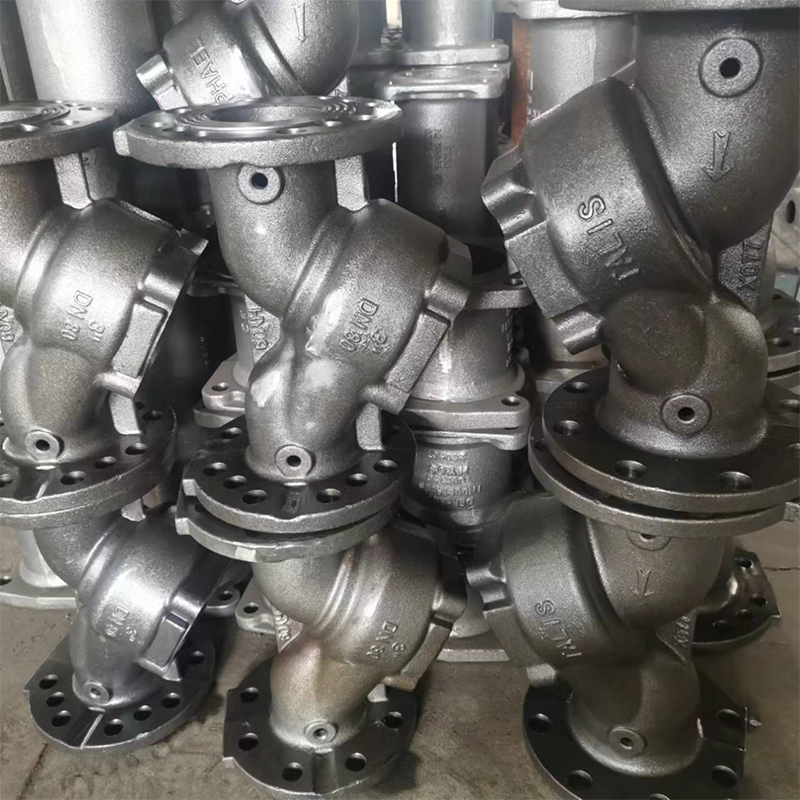In a significant shift, Zoomlion's external business transitioned into a joint venture with other companies, marking the sole change in its operational strategy. This transformation aligns with new regulations introduced by the People's Republic of China on foreign cooperation in the exploitation of onshore petroleum resources, which were officially announced on September 24. These updated policies now allow a single company to operate independently as a foreign entity and engage in cooperative ventures with international partners.
On September 18, the State Council approved the "Decision of the State Council on Amending the Regulations of the People's Republic of China on Foreign Cooperation in Mining Onshore Oil Resources" through Decree No. 506. The amendment revised the regulations to state that coalbed methane (CBM) resource development under Article 30 will be managed by China National Coalbed Methane Corporation. It also specified that cooperative CBM exploitation should be carried out by China National Coalbed Methane Co., Ltd. and other companies designated by the State Council, following the provisions of the ordinance.
Industry analysts suggest that the policy change signals an openness to allowing multiple domestic companies to collaborate with foreign firms in CBM extraction. This move is part of the government’s broader strategy to mobilize diverse resources and accelerate the development of clean energy amid rising energy demands.
In the early 1990s, China’s abundant CBM reserves attracted numerous foreign companies seeking partnerships. However, the absence of clear legal frameworks led to a chaotic situation, with various government agencies and local authorities signing separate agreements for CBM development across 12 blocks. To address this disorder, the State Council convened a special meeting and decided to implement a franchise system for CBM mining, granting exclusive rights to China United Coalbed Methane Co., Ltd., a national enterprise tasked with managing CBM extraction.
China, the world's largest coal producer and consumer, holds vast CBM reserves, a valuable byproduct of coal. Experts estimate that shallow CBM resources up to 2,000 meters deep amount to 30 to 35 trillion cubic meters—surpassing the volume of onshore conventional natural gas. This equates to about 45 billion tons of standard coal. In North China, where population density and economic activity are high, CBM accounts for approximately 62% of total reserves, helping to offset the uneven distribution of conventional natural gas.
The development and utilization of CBM are considered one of the most practical and reliable strategies for boosting clean energy, reducing reliance on imported natural gas, and enhancing overall energy security. With growing environmental and energy challenges, CBM is increasingly seen as a key component in China’s long-term energy plan.
Pipe fittings are threaded fittings that assist in making different plumbing configurations. Different types of pipe fittings come in many shapes and sizes, including y-fittings, couplings, reducers, tees, and elbows. Whatever the shape, the pipe fitting is connected to pipes and tubes to separate the equipment, as well as to close or seal a pipe.

Piping Fittings,Hydraulic Valve Accessories,Piping Valve Accessories,Control Valve Accessories
Dandong Haichuan Machinery Co., Ltd. , https://www.ddhccasting.com